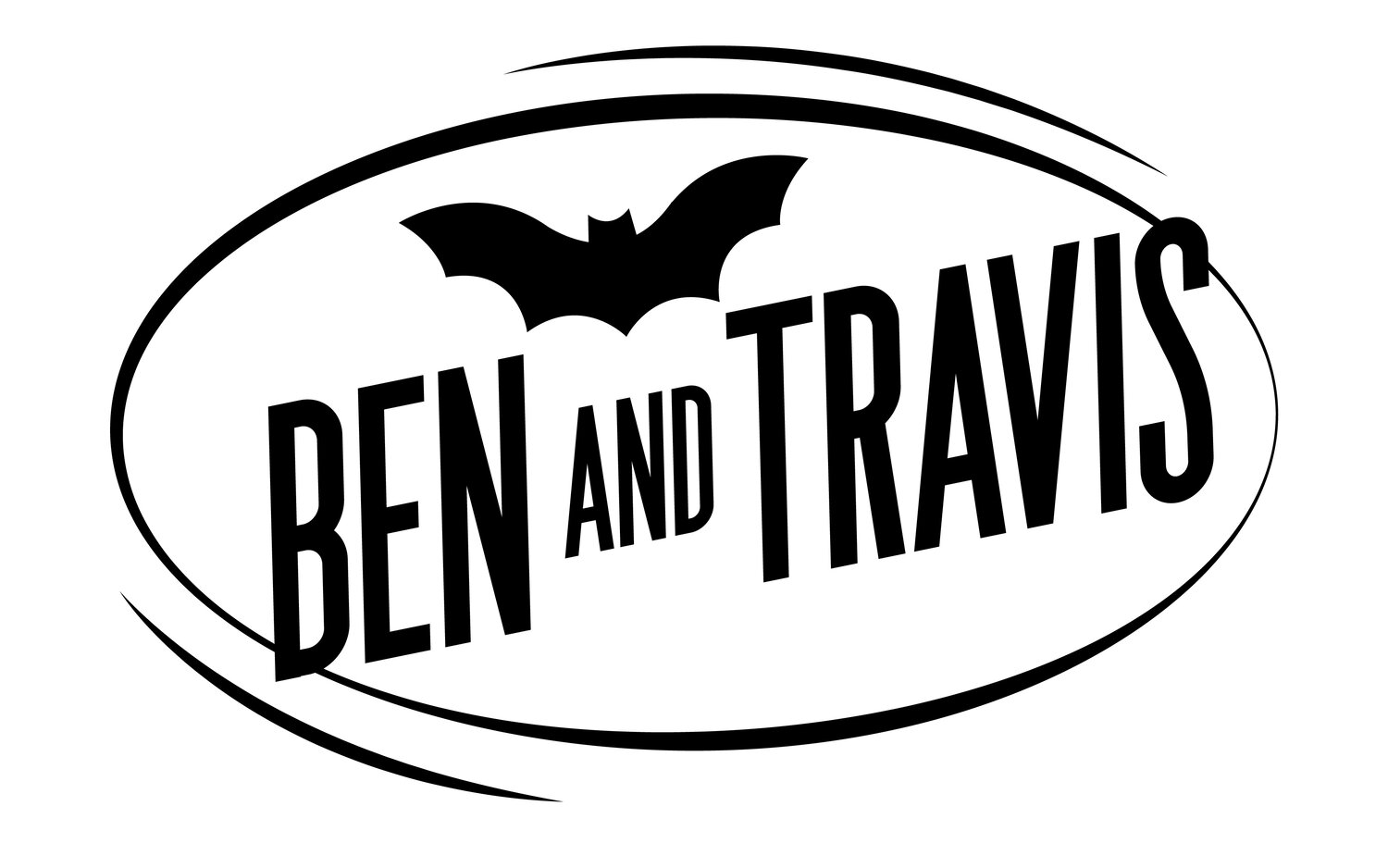The Right Words at the Right Time
We aren’t certain how much time passed between the wicked actions of David and the day that Nathan came into the king’s presence to herald a message from the King. This process had already taken time. It would have likely taken a few weeks or months for Bathsheba to have realized she was pregnant, then there was the struggle to get Uriah to go home to his wife, and finally there was the action of taking Uriah’s life by abandoning him in battle—an act that would have surely made any man of war cringe thinking about. Yet, David’s heart was hard. So somewhere between a month after the first actions and before the pregnancy was completed by the birth of their child, Nathan shows up at the palace to speak with David.
Had God already been working on David? Had the roadblocks that that God supplied — that David circumvented on that fateful day been replaying in his mind? At some point David wrote these words in response to some sin that he committed:
For when I kept silent, my bones wasted away through my groaning all day long.
For day and night your hand was heavy upon me;
My strength was dried up as by the heat of summer” (Psalm 32:3-4).
It is altogether possible that David had already been struggling. That is usually the case of people today too. Most people know when they have done wrong. They understand they have made bad decisions. But they believe that no one knows so they refuse to bring it into the light. That is why we call things like that “a cover up.” We can’t let light hit it because then we have to deal with it because the world knows.
So God may have worked on his heart—making small holes in his armor—but the words He helped Nathan formulate, opened the flood gates of remorse. It was a simple story but it couldn’t help but touch a man who had tenderly cared for sheep in his former occupation. The synopsis: A rich man with plenty of flocks, stole a pet lamb from a poor man in order to slaughter it and feed it to his guests (2 Samuel 12:1-6)
At the moment when David became outraged and made a declaration of what should happen to this greedy and unloving individual, Nathan delivered the punch (to the gut) line: “You are the man” (7). He went on to deliver many more punches to the gut: a reminder of just how good God had been to him only to see him act in a way that was contrary to God’s will (7-9), a pronouncement that conflict would never leave the house of David (10-12), and the revelation that the child they had tried so much to cover up was not going to survive (14).
Even before he is told about the child David has already heard enough: “I have sinned against the Lord” (13). Perhaps this is why David was a man after God’s own heart. We certainly know he wasn’t sinless but maybe he understands quicker than most where he needs to go when the sin has finally come to collect its payment. There is nothing left to wonder about his response to this sin. In Psalm 51 David lays all his feelings and cares before the Lord. He defines his sin (1-2), appeals to God’s mercy (1), avoids defensiveness (4), looks to God for cleansing (7), asks God to break his heart and heal his brokenness (8), asks to be comforted by the Comforter—His Spirit (11), rejoices in proclamation of truth (12-15), and resolves to obey (17).
Most people are well aware that they are in a bad place. Sometimes all it takes is one person’s caring words to help them admit it so that they can drag it into the light—where is God’s goodness, mercy, and love. In that admission is forgiveness and in that forgiveness is freedom.
Ben
